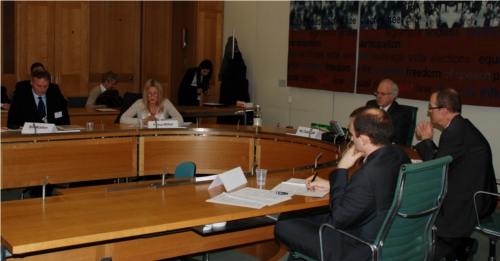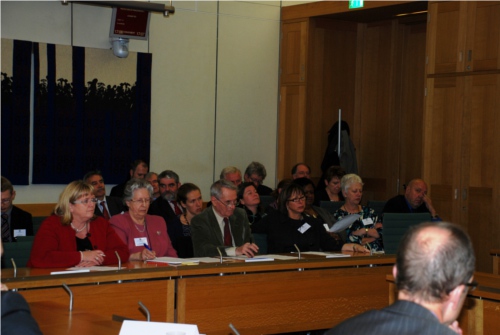The All-Party Parliamentary Group for Education has today raised concerns that the coalition Government’s focus on phonics will contribute to a decline in literacy standards.
Download the APPG for Education’s Report of the Inquiry into Overcoming the Barriers to Literacy
Supported by the British Educational Suppliers Association (BESA), the APPG for Education has published its report on ‘Overcoming the Barriers to Literacy’. Overall, teachers from secondary schools were more likely to identify that pupils had weak or very weak literacy skills than teachers from primary schools. 57 per cent of pupils in secondary schools were classed as having weak or very weak literacy skills. In comparison, only 39 per cent of pupils in primary schools are considered to have weak or very weak literacy skills.
The report is based on evidence from 584 teachers and educational stakeholders including the teachers’ unions, literacy associations, publishers and outreach organisations.
The report emphasises that literacy policy should focus on instilling a love of reading in order to increase children’s motivation, wellbeing and attainment. The APPG also found that literacy policy should not be the responsibility of the Department for Education alone. Social factors – such as parental involvement – and health issues – such as eye care – are significant contributors to children’s reading success.
As Fabian Hamilton MP, Chairman of the APPG for Education, commented, “The impact of illiteracy is profound: 60 per cent of prisoners have basic literacy difficulties. This is disproportionately high, and the UK will be facing a skills shortage if literacy standards do not improve dramatically.”
The government’s focus on systematic synthetic phonics is at odds with the views of many within the education community, who believe that it risks making reading a dull exercise for English classes. The report identified that ‘phonics’ and ‘reading’ are being used interchangeably by policymakers, but reading isolated words is not reading for meaning.
Many respondents also wanted to dispel the myth about how phonics is currently used. Most teachers already use phonics to teach reading, but they do so by blending phonics with other reading strategies.
However, for cash-strapped schools the incentive to take advantage of the matched funding offered for phonics products and training will push them in the direction of synthetic phonics. Schools must purchase resources from a small range of products, made available from only one source. This is in contrast to many teachers’ experience that a broad-ranging approach to literacy, alongside one-to-one tuition, is most effective. It also goes against the move towards school autonomy in other areas.
Mr Hamilton continues, “Literacy is the key to the curriculum. Pursuing phonics without considering whether pupils can comprehend what they’re reading, and without paying any attention to whether children enjoy reading, will switch children off. Learning to read – especially a complex language like English – cannot be reduced to a mechanical process.”
The APPG recommends that to raise literacy standards, a well-rounded reading culture needs to be encouraged. To achieve this, matched phonics funding should be re-directed so that schools are free to adopt the resources and programmes their pupils need (including the highly effective and valued one-to-one reading tuition). In addition, there needs to be: more in-depth teacher training; improved support for the transition between primary and secondary school; greater support for literacy difficulties at secondary schools; acknowledging the growing value of digital literacy, especially in motivating boys to read; and a community approach to literacy (including promoting libraries and parental involvement).


